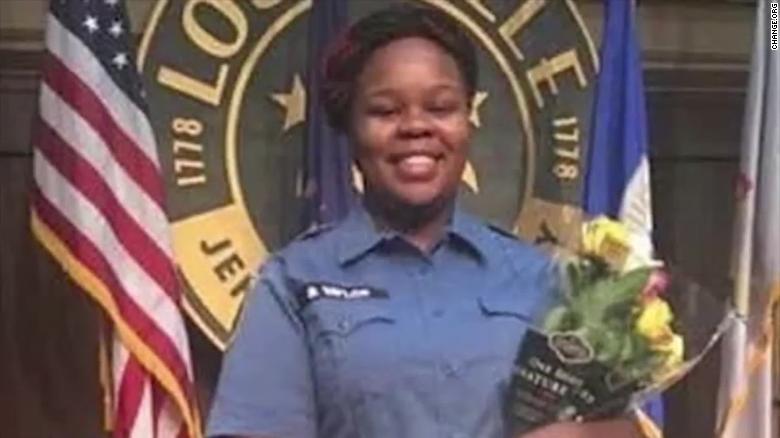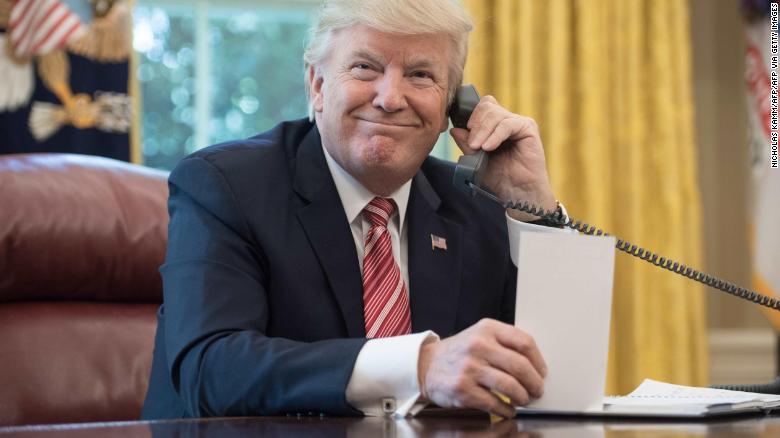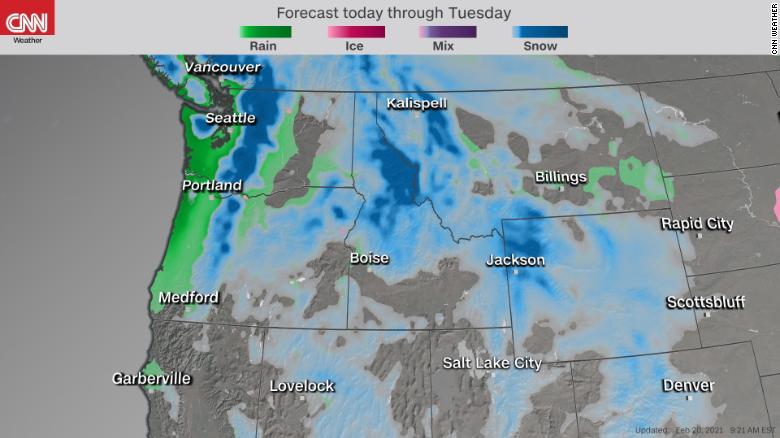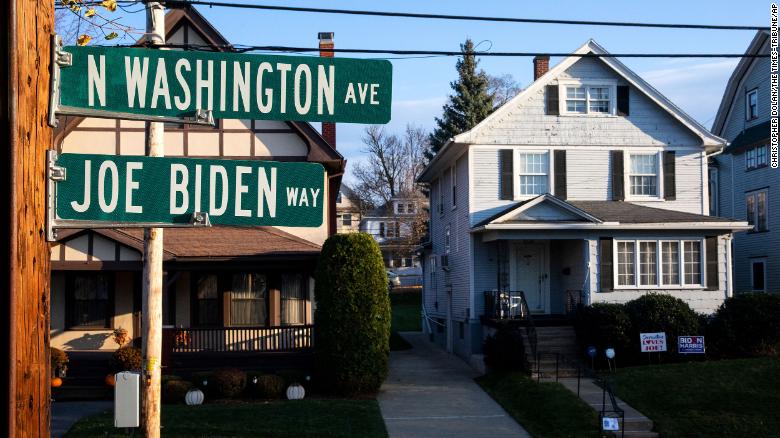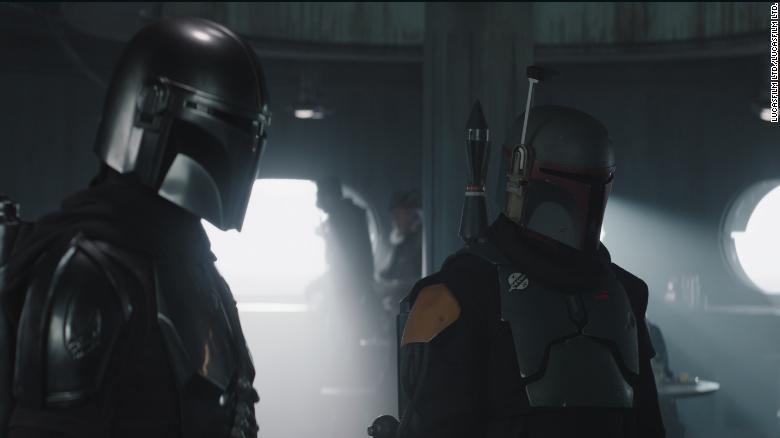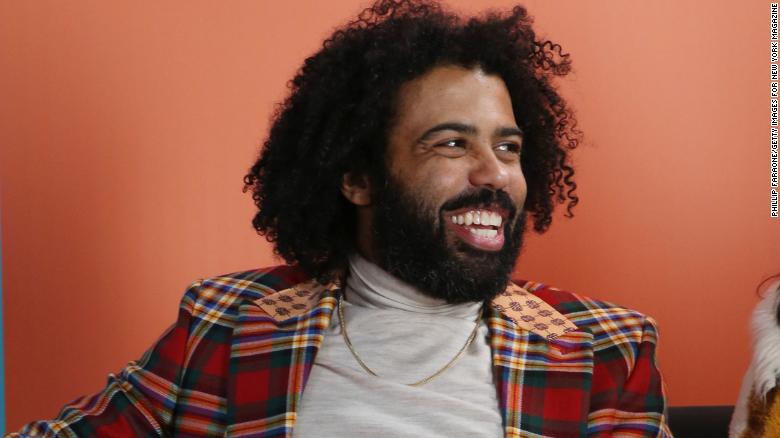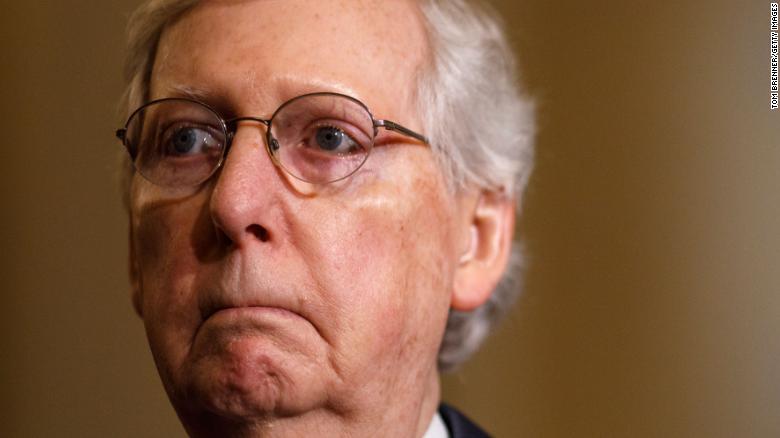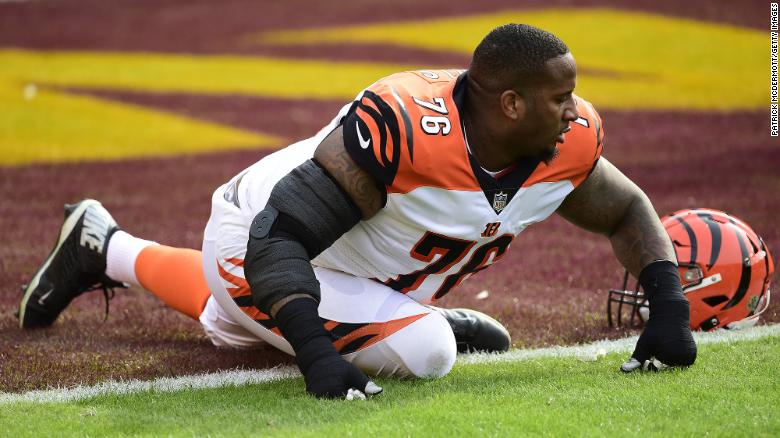Well, I’m convinced! Trump has always been entirely convinced that having large rallies = winning. Of course, even if Trump had 30,000 people at a rally, that’s roughly .6% of the 4.9 million votes cast in Georgia this fall. Math! And away we go!
I am not sure what Trump is talking about here. (This will be a running theme.) My guess is that he is equating the entirely legitimate process of
early votes being tabulated and included in the statewide totals as votes being “mysteriously” dropped.
3. “We think that if you check the signatures — a real check of the signatures going back in Fulton County you’ll find at least a couple of hundred thousand of forged signatures of people who have been forged.”
There is
zero evidence for this claim.
4. “But it’s much more than the number of 11,779 that’s — The current margin is only 11,779.”
5. “But you also have a substantial numbers of people, thousands and thousands who went to the voting place on November 3, were told they couldn’t vote, were told they couldn’t vote because a ballot had been put on their name.”
There’s zero evidence for this claim. The closest I could find was back in September when
Raffensperger announced that roughly 1,000 people had tried to double-vote.
6. “Late in the morning, they went early in the morning they went to the table with the black robe, the black shield and they pulled out the votes. Those votes were put there a number of hours before the table was put there.”
“
It’s all nonsense.” — The Washington Post
7. “They weren’t in an official voter box, but they were in what looked to be suitcases or trunks, suitcases but they weren’t in voter boxes. The minimum number it could be because we watched it and they watched it certified in slow motion instant replay, if you can believe it, but slow motion and it was magnified many times over and the minimum it was 18,000 ballots, all for Biden.”
This isn’t true. (See No. 6.) Also, “slow motion instant replay”!!!!
8. “You had out-of-state voters. They voted in Georgia but they were from out of state, of 4,925. You had absentee ballots sent to vacant, they were absentee ballots sent to vacant addresses.”
“Every one we’ve been through are people that lived in Georgia, moved to a different state but then moved back to Georgia legitimately.” —
Ryan Germany, lawyer for the Georgia secretary of state’s office 9. “And I know you would like to get to the bottom of it, although I saw you on television today and you said that you found nothing wrong. I mean, you know, and I didn’t lose the state, Brad.”
“I saw you on television today.” — The President of the United States
10. “People have been saying that it was the highest vote ever. There was no way. A lot of the political people said that there’s no way they beat me.”
So, if it was “the highest vote ever,” Trump couldn’t have lost? Yeah, this checks out.
11. “As you know, every single state … we won every state.”
Mr. President, I have the
Electoral College map on line one for you.
12. “And we won the House, but we won every single state house and we won Congress, which was supposed to lose 15 seats, and they gained, I think 16 or 17 or something.”
Mr. President, I have
Speaker Nancy Pelosi on line two for you.
13. “So dead people voted and I think the number is close to 5,000 people.”
There is
zero evidence for this claim.
14. “The bottom line is, when you add it all up and then you start adding, you know, 300,000 fake ballots …”
It appears as though he literally just made this number up.
15. “And this may or may not … because this just came up this morning that they are burning their ballots, that they are shredding, shredding ballots and removing equipment.”
16. “You’re not the only one, I mean, we have other states that I believe will be flipping to us very shortly.”
Oh really? Give me a list of those states. I’ll wait …
17. “But in Detroit, we had, I think it was, 139% of the people voted. That’s not too good.
Turnout in Detroit was
51% of eligible voters. Which is less than 139%.
18. “In Pennsylvania, they had well over 200,000 more votes than they had people voting.”
[narrator voice] They didn’t.
19. “But, uh, they had as an example, in Michigan, a tremendous number of dead people that voted.”
20. “And we won the state and we won it very substantially and easily and we’re getting, we have, much of this is a very, you know they’re certified, far more certified than we need.”
This stuff isn’t just being certified. It’s being “far more certified than we need.” So you know it’s good.
21. “But we only lost the state by that number, 11,000 votes, and 779.”
So, the 11 is in the thousands column, the 7 is in the hundreds column, the 7 is in the tens column and the 9 is in the ones column …
22. “Because, what’s the difference between winning the election by two votes and winning it by half a million votes. I think I probably did win it by half a million.”
OK, so Trump is saying that rather than losing Georgia by 11,770 votes, he won it by 500,000 votes? Man, these Georgians need to get their math straight!
23. “And they say it’s not possible to have lost Georgia.”
Well, if “they” say it …
24. “And the people of Georgia are angry, the people of the country are angry. And there’s nothing wrong with saying, you know, um, that you’ve recalculated.”
In which the President of the United States suggest Georgia’s top election official redo the results of a vote that has already been certified and validated by the state’s electors. Very normal stuff!
25. “They did it in slow motion replay magnified, right?”
The only thing missing here is from Trump to break out the telestrator to explain it all.
26. “Where were the poll watchers and why did they say a water main broke, which they did and which was reported in the newspapers? They said they left. They ran out because of a water main break, and there was no water main. There was nothing. There was no break.”
Gabriel Sterling, the voting system implementation manager,
said this in December when the water main issue first appeared: “You’ll see when they walk in, and they see the obvious water leak on the floor. You will see when they move all the stuff out of the way. You will see the Zamboni, little carpet-dryer thingy driving around. I mean, you can see all the things happen, you can see the table get put in place.” He also said at the time that no ballots were damaged or altered, according to surveillance video footage.
27. “There’s no way I lost Georgia. There’s no way. We won by hundreds of thousands of votes.”
Yes, you’ve said that a few times now …
28. “Oh this isn’t social media. This is Trump media. It’s not social media. It’s really not, it’s not social media. I don’t care about social media.”
“I don’t care about social media.” — Donald Trump, with a straight face, apparently.
29. “And they’re going around playing you and laughing at you behind your back, Brad, whether you know it or not, they’re laughing at you and you’ve taken a state that’s a Republican state, and you’ve made it almost impossible for a Republican to win because of cheating, because they cheated like nobody’s ever cheated before.”
This is a common Trump tactic to bend people to his viewpoint: People are laughing at you behind your back! Which is obviously something he worries a lot about for himself and thinks others do, too.
30. “And you are going to find that they are — which is totally illegal, it is more illegal for you than it is for them because, you know what they did and you’re not reporting it. That’s a criminal, that’s a criminal offense. And you can’t let that happen. That’s a big risk to you and to Ryan, your lawyer.”
In which Trump not-so-subtly threatens Raffensperger (and his lawyer Ryan Germany) that in defending this allegedly corrupt election they are putting themselves in some sort of legal jeopardy. Totally fine!
31. “And flipping the state is a great testament to our country because, cause you know, this is — it’s a testament that they can admit to a mistake, or whatever you want to call it.”
Oh, so overturning a certified election result is actually a good thing for our country because it, uh, shows we can admit we made a mistake?
32. “But I mean, all of this stuff is very dangerous stuff. When you talk about no criminality, I think it’s very dangerous for you to say that.”
This feels very ominous from Trump. Very.
33. “But, but I’m just curious why wouldn’t, why do you keep fighting this thing? It just doesn’t make sense. We’re way over the 17,779, right?”
First of all, the margin is 11,779. Second, the reason the election officials “keep fighting this thing” is because you don’t get to overturn an election just because you didn’t like the result.
34. “Because you guys are so wrong. And you treated this. You treated the population of Georgia so badly. You, between you and your governor, who was down at 21, he was down 21 points. And like a schmuck, I endorsed him and he got elected, but I will tell you, he is a disaster.”
“[Brian Kemp is] an incredible fighter and tireless champion for the people and values of Georgia.” —
Donald Trump, November 2018 35. “And you would be respected. Really respected, if this thing could be straightened out before the election.”
Another classic Trump persuasion ploy: If only you would overturn this election, people in Georgia would love you! They would respect you!
36. “They don’t want to vote. They hate the state, they hate the governor and they hate the secretary of state. I will tell you that right now. The only people like you are people that will never vote for you.”
Trump suggest here that if Republicans lose the two Senate runoffs on Tuesday it’s because of Raffensperger’s refusal to give the state to Trump. Which, uh, well, OK.
37. “And the real truth is I won by 400,000 votes. At least. That’s the real truth. But we don’t need 400,000. We need less than 2,000 votes.”
I thought he need 11,779 votes +1? Now it’s 2,000. How? Why? Yeah, this feels like a good place to end.
